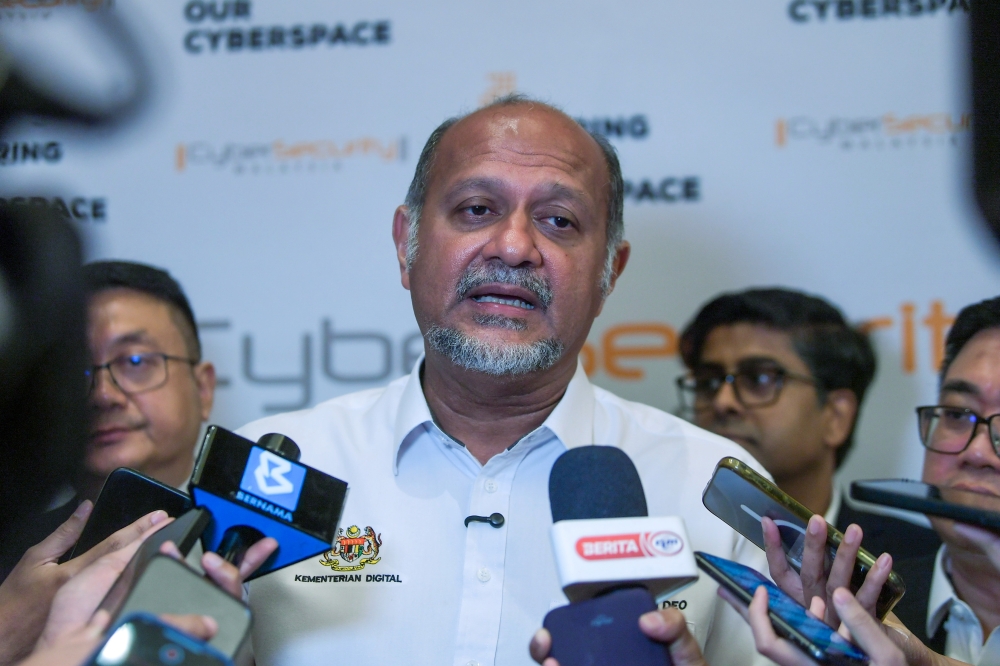AI in the Workplace: A Business Tech Course Built for the Future (and Addressing the Concerns)

The buzz around generative AI is deafening. Everyone – from tech giants to industry analysts – is proclaiming it the future of work and learning. As an educator deeply invested in preparing students for that future, I’ve been wrestling with a critical question: Is integrating generative AI into business technology education truly beneficial, or are we jumping on the bandwagon too quickly?
The potential is undeniably exciting. Imagine students using AI tools to automate repetitive tasks, generate marketing copy, analyse complex data sets, and even prototype business solutions. These are skills that will be increasingly valuable in the modern workplace. However, the enthusiasm needs to be tempered with a healthy dose of critical thinking. Simply throwing AI tools at students without proper guidance and context risks creating a generation reliant on technology without understanding the underlying principles.
That's why I've designed a new business technology class specifically built around generative AI – but with a crucial difference. It’s not just about *using* the tools; it's about *understanding* them. The course, tentatively titled 'AI-Powered Business Solutions,' is structured around three core pillars:
- Foundations of AI: We'll start with the fundamentals – what is AI, how does it work (without getting bogged down in complex algorithms), and what are its limitations? Ethical considerations, bias in AI, and the importance of data privacy will be central to this section.
- Practical Applications: This is where students get hands-on experience with various generative AI tools – from large language models like ChatGPT and Bard to image generators and code assistants. We’ll focus on real-world business scenarios: crafting compelling marketing campaigns, identifying market trends, streamlining operational processes, and developing innovative product ideas.
- Critical Evaluation & Responsible Use: This pillar is arguably the most important. Students will learn to critically evaluate the outputs of AI tools, identify potential biases and inaccuracies, and understand the ethical implications of their use. We’ll explore topics like AI accountability, transparency, and the importance of human oversight.
Addressing the Concerns
I’ve heard the concerns. Will AI replace human jobs? Will students become overly reliant on these tools and lose their critical thinking skills? These are valid questions. The course aims to address them directly. We’ll discuss the evolving landscape of work and the skills that will remain essential even in an AI-driven world – creativity, problem-solving, emotional intelligence, and the ability to adapt to change.
Furthermore, the emphasis on critical evaluation is designed to ensure that students don't blindly accept AI outputs. They’ll learn to question, verify, and refine the results, using their own judgment and expertise. The goal isn’t to replace human intelligence; it’s to augment it.
Looking Ahead
The integration of generative AI into education is inevitable. My hope is that this course will serve as a model for how to do it responsibly and effectively. By focusing on both the practical applications and the critical implications of AI, we can equip students with the skills and knowledge they need to thrive in the future of work – a future where humans and AI collaborate to solve complex problems and create innovative solutions. It's not about fearing AI; it’s about understanding it and harnessing its power for good.
This is an ongoing experiment, and I’m eager to see what the students learn and how the course evolves. The future of work is here, and we need to prepare our students – and ourselves – for it.






